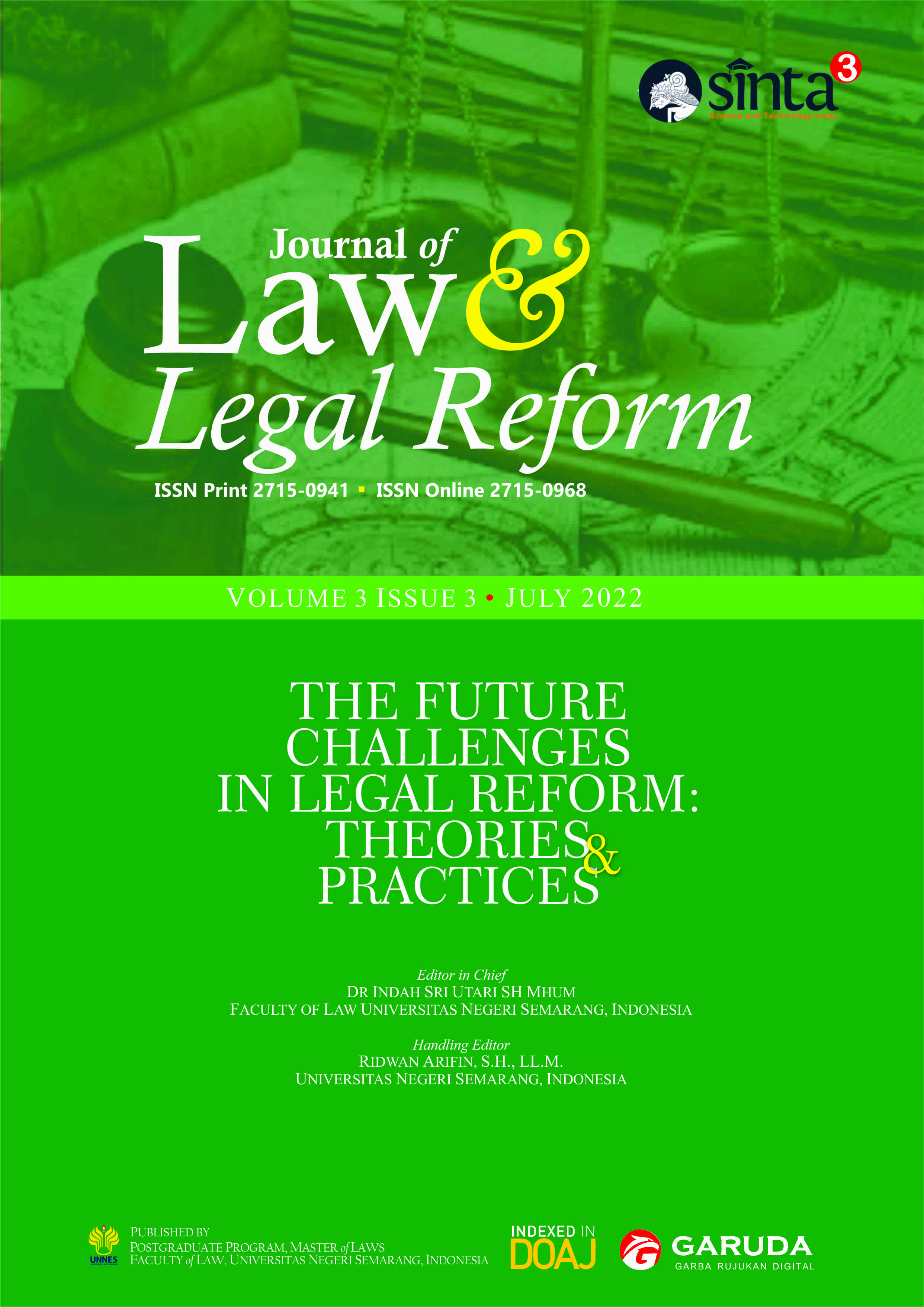Analysis of the Legal and Institutional Frameworks Regulating Oil and Gas Resources in Tanzania
Main Article Content
Abstract
This study examines the legal and institutional framework regulating oil and gas sector in Tanzania. Oil and gas resources have been considered as the world’s valuable resource. For countries to benefit from these resources, the presence of adequate laws and institutions is of a paramount importance. The analysis on whether or not Tanzania has adequate laws and institutions that regulate oil and gas resources entail thorough review of all necessary legal documents including: statutes, legal books, journal articles and policies relating to oil and gas resources in Tanzania. The data were collected through documentary review and interview from informants working in institutions established by the petroleum laws for the respective union and Zanzibar Revolutionary Governments. The findings show that legal and institutional frameworks regulating oil and gas in Tanzania suffer from practical challenges such as: separate governing laws, lack of coordination for established institutions and overlapping powers among institutions governing oil and gas between Union and Revolutionary Government of Zanzibar. The study recommends that laws should be amendment to provide for independent and autonomous institutions, to establish coordinating unit among institutions, harmonization of oil and gas governing laws and instituting transparent and accountable decision-making bodies.
Article Details

This work is licensed under a Creative Commons Attribution-NonCommercial-ShareAlike 4.0 International License.
All writings published in this journal are personal views of the authors and do not represent the views of this journal and the author's affiliated institutions. Author(s) retain copyrights under a Creative Commons Attribution-NonCommercial-ShareAlike 4.0 International (CC BY-NC-SA 4.0).
References
African development bank and the African Union Report. (2009). “Oil and gas in Africa” Report, United States, oxford University Press.
Andrew N. O. (1977). “The Law of Natural Resources Development: Agreements Between
Barbara, D., & Vlado, D. (2018). “Managing petroleum sector performance – a sustainable
Bryan L., (2016). “Petro-governance in Tanzania: Opportunities and challenges” CMI/REPOA brief number 48 vol 15.
Bryan L., Kendra, D. (2018). “Understanding the Lie of The Land: An Institutional Analysis of Petro Governance in Tanzania”, Journal of energy and natural resources law, Vol36, no.1, 86-101
Contracts. From the Angle of Lucrum Cessans,” Loyola University Chicago International Law Review, vol. 12 No. 2 153-172
Controller and Auditor General. (2017). “General report on the Performance and Specialized Audits” for the period ending 31st March 2017.
David, E. (2013). Africa’s Booming Oil and Natural Gas Exploration and Production: National Security Implications for the United States and China. USA: The Strategic Studies Institute and U.S. Army War College Press.
developing countries and foreign investor,’ Syracuse Journal of International Law and Commerce, Vol. 5, No. 12,3,4, &13
framework for oil and natural gas sector in Tanzania- A review”, journal of applied and advanced research vol. 3(1) 8-17
Hamudi, I.M. (2016). “Tanzania’s Oil and Gas Industry: Legal Regime, Management and Access Rights”, Recht in Afrika – Law in Africa – Droit en Afrique 19 14-15
Humphrey B.P. Moshi. (2013). “Opportunities and Challenges for the Extraction of Natural Gas in Tanzania: The Imperative of Adequate Preparedness” Dar es Salaam, Economic and Social Research Foundation (ESRF), Discussion paper No. 48, Retrieved from http://www.esrftz.org/pubdetails.php?id=206 (accessed 24th on February,2018)
Lemony, L.M. (2017). “The Governance of Petroleum Sector in Tanzania: Institutional Arrangement and The Role of The National Oil Company” The extractive industries and society, Elsevier 4180-190
Mark, C. T., David, R. H., & Patrick R.P. H., (2011). “Exporting the “Norwegian Model”:
Naazneen H. Barma, Kai Kaiser Tuan Minh Le and Lorena Viñuela. (2012). Rents to Riches? The Political Economy of Natural Resource–Led Development. USA: The World Bank,
Obadia K, Lingling Wi. G., & Shaldon, L. (2018). “The overview of the legal and institutional
Poncian, J., (2014). ‘Fifty Years of the Union: The Relevance of Religion in the Union and Zanzibar statehood Debate’ African Review Vol. 41, No. 1, 161-181.
Ragnar Torvik. (2016). “Petroleum Fund in Tanzania? Other Alternatives May Be Better,” Tanzania: REPOA/ CMI, Vol.15 Number 10 REPOA Number 46, Available, http://www.repoa.or.tz or http:www.cmi.no.
Sangwani, P. N., (2015). “Permanent Sovereignty Over Natural Resources and The Sanctity of
Schram, W., (2011). “How to Carry out Interdisciplinary Legal Research, Some Experiences with an Interdisciplinary Method”. Utrecht Law Review, Vol. 7. No 1, 147-162
Simbakalia, J.L., (2013) “Challenges Ahead for Tanzania to Build New Capacities for Gas Industry Development,” Dar es Salaam, The Economic and Social Research Foundation (ESRF), Paper NO 51.22-24.
The effect of administrative design on oil sector performance”, Energy Policy, Elsevier Volume 39, Issue 9 5366-5378
The natural Resource Governance Institute. (2016). “Tanzania’s Extractive Sector Legislation: Recommendations for Effective Implementation.
Valerie Marcel, et al., (2012). “Governance challenges for emerging oil and gas producers EEDP Programme” paper 2012/05 Chatham house, London.
Wilbert, B., et al.” The Oil and Gas Law Review”. In C.B. Strong (Ed.). (2013) Business Law Research: Chapter 19. United Kingdom: Law Business Research Ltd.
Yanko, M. (2015). Energy Law in Brazil Oil, Gas and Biofuels. Switzerland: Springer Publishing Switzerland.
